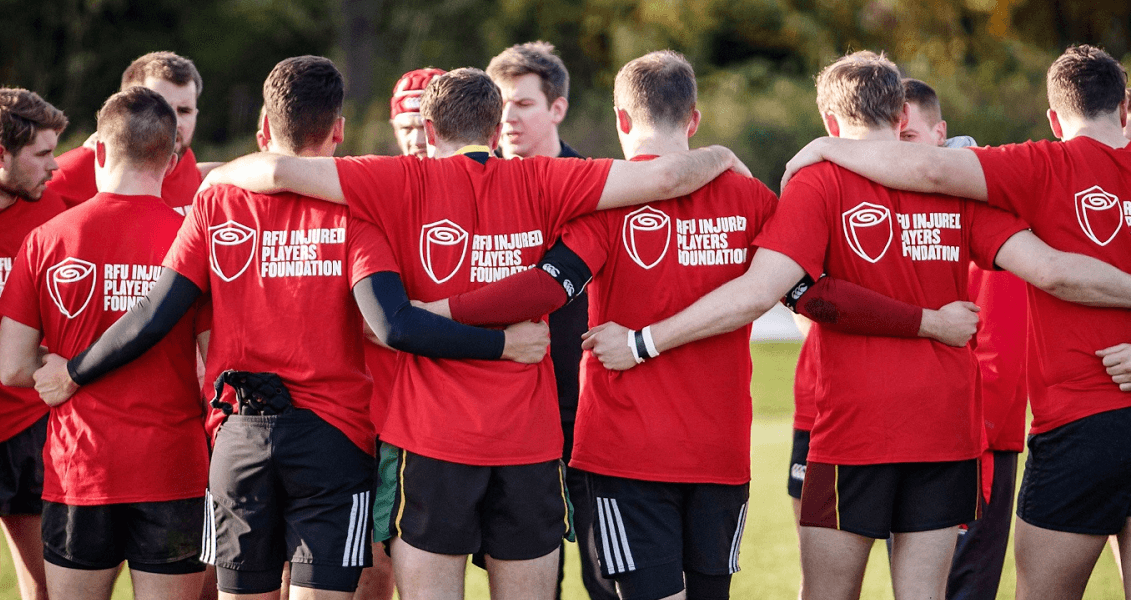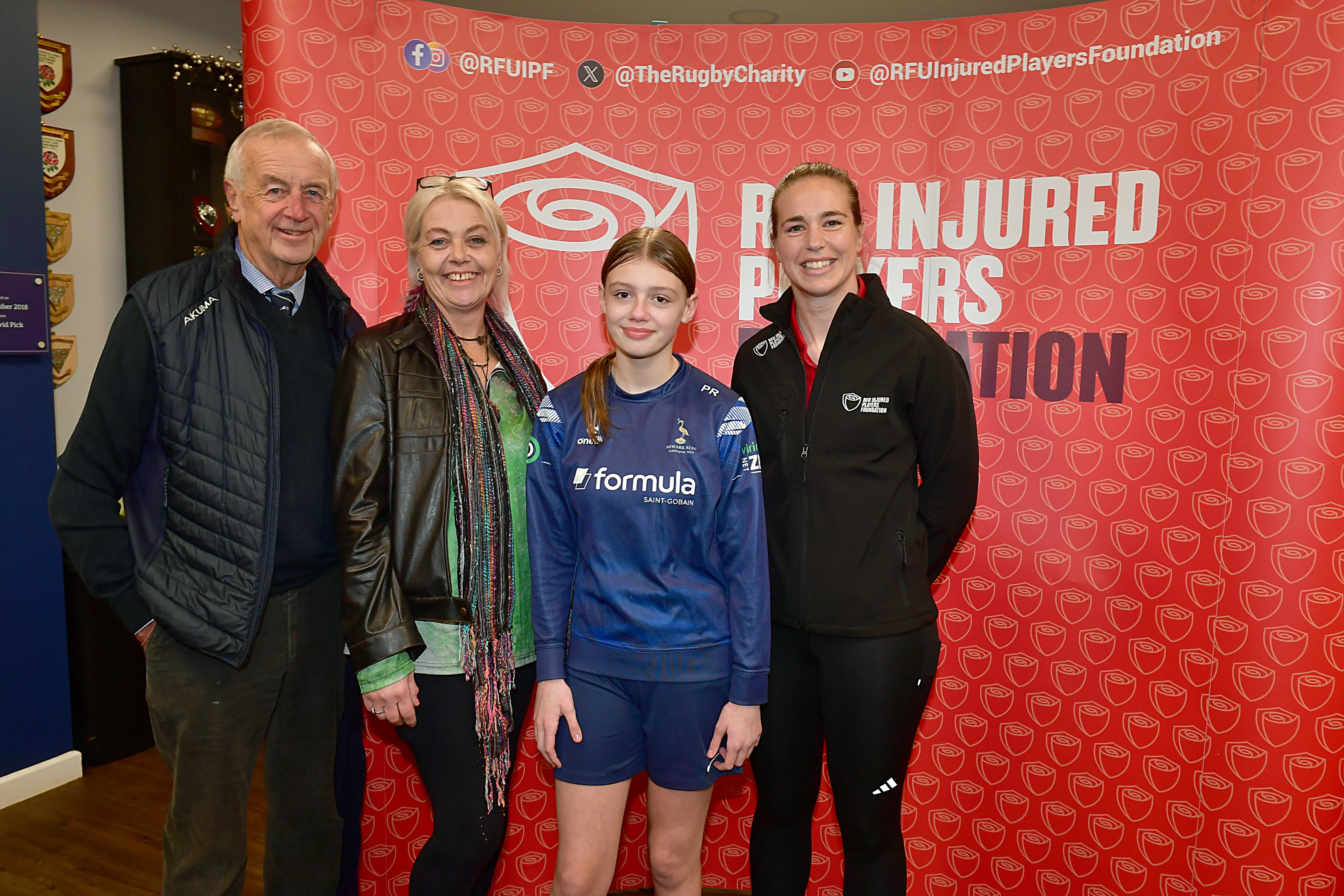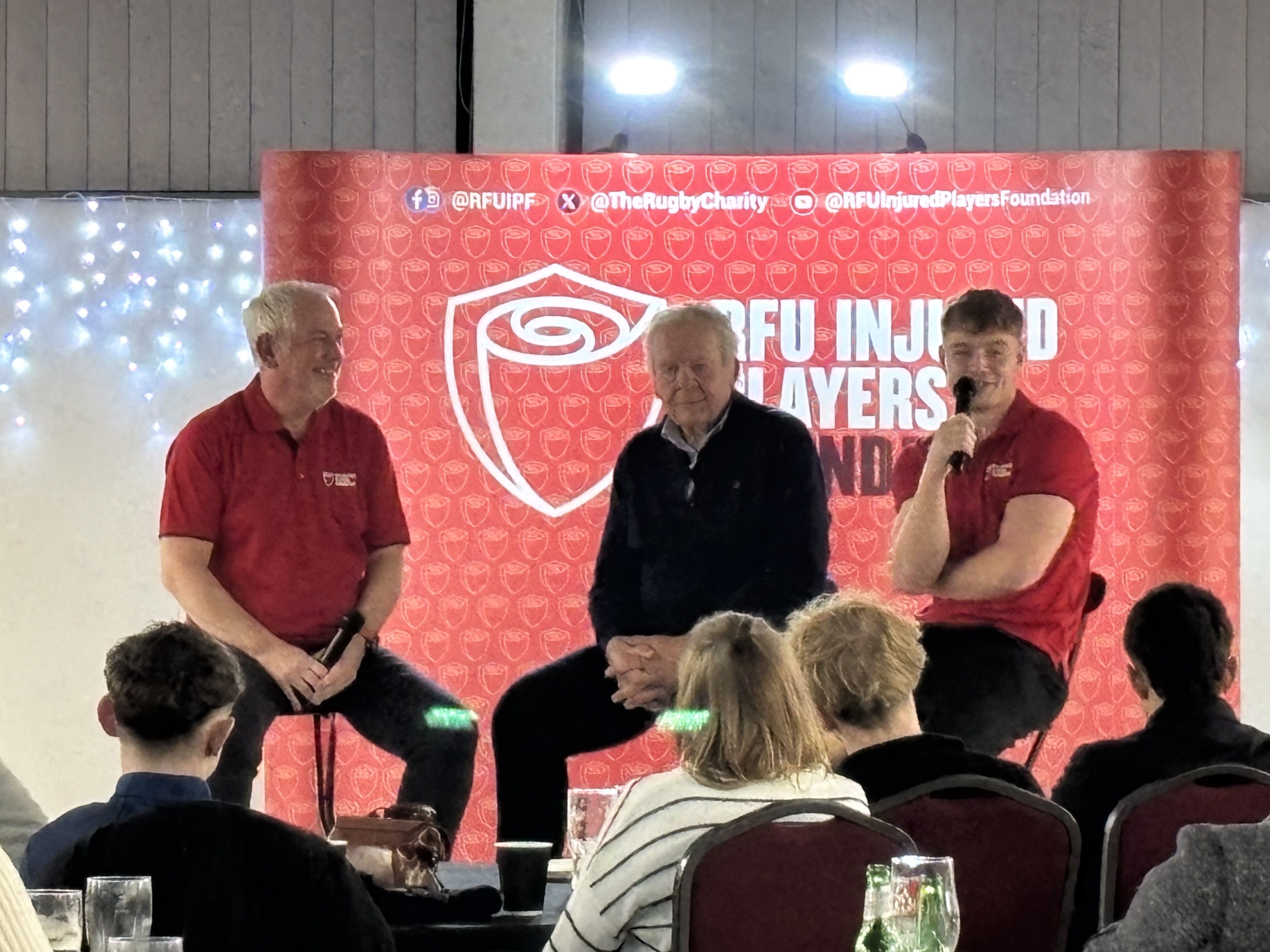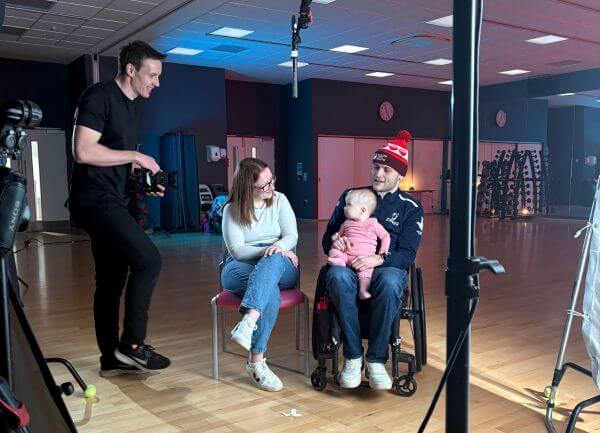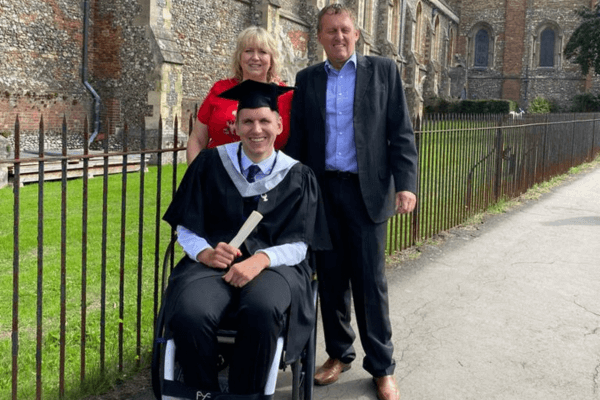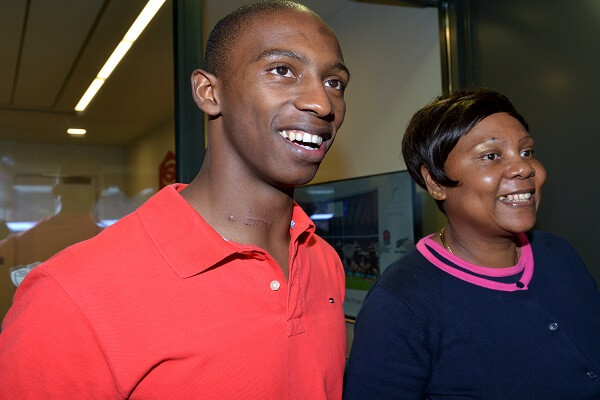The IPF is committed to supporting anyone who sustains a life-changing injury whilst playing rugby, but it has also worked alongside the RFU (Rugby Football Union) for many years with the aim of preventing anyone from ever needing its support.
Using the same research group and techniques that helped to revise the scrum engagement in 2013, the RFU Injured Players Foundation (IPF), England Rugby’s official charity, has funded work to investigate the tackle area and demonstrate that current coaching and referring tactics are the very best available to help prevent injuries from happening on the pitch.
Unfortunately though, accidents can happen, and the pitch side care that is available to rugby players is critical to their long-term recovery. Often this vital role is filled by volunteer first aiders who do a fantastic job up and down the country in line with RFU regulation to have appropriate care in place for every match or training session.
IPF Director Dr Karen Hood was initially hired in 2005 by the RFU to help create and manage delivery of the first ever accredited rugby-specific first aid course for volunteers. Karen says “This was the very first task I had within rugby and it was so important for me to provide the volunteers within the sport access to relevant training and advice to help them fulfil their role and keep the game as safe as possible for everyone taking part.
“I also set up a welfare enquiry line to help people answer any questions related to rugby. This ranged from can we play on a pitch that has had sheep grazing on it to can I play with a cochlear implant? And we put guidance in place to deal with all the queries that came in.”
At the high-performance levels of the game, the injury risk is known to be higher, and therefore the immediate medical care needs to be proportionally more comprehensive. For the last 20 years the training for pitchside medics and physios has been designed and delivered by Dr Andy Smith. Dr Smith was inspired to develop a rugby-specific immediate care course following the injury to his brother Ian in 1988. Ian remains a member of the IPF, but the charity’s links with Andy and pitchside training go even further.
IPF Director, Dr Karen Hood, played a key role as the programme was being developed, as an administrator, examiner and even a ‘test dummy body’ during the programme’s practical sessions including testing how practitioners put her on and off the spinal board!
Now the immediate care course, PHICIS (Pre-Hospital Immediate Care in Sport) has trained over 5,500 Level 2 and over 3,000 Level 3 practitioners within rugby and other sports around the world. With around 20,000 volunteers trained through rugby first aid courses, and the RFU now working with established providers to spread the awareness of how to manage rugby injuries further, players have never been in better hands according to Karen; “Over the years there has also been a lot of anecdotal evidence that individuals have had better outcomes due to the treatment they received in the first instance on the pitch.”
“Sport cares,” Karen continued. “And rugby really cares. At the IPF we have built on the immediate care provided to all participants and extended that to provide the relevant support for a player for life, should they need it.”
To read the full PHICIS journey here.


